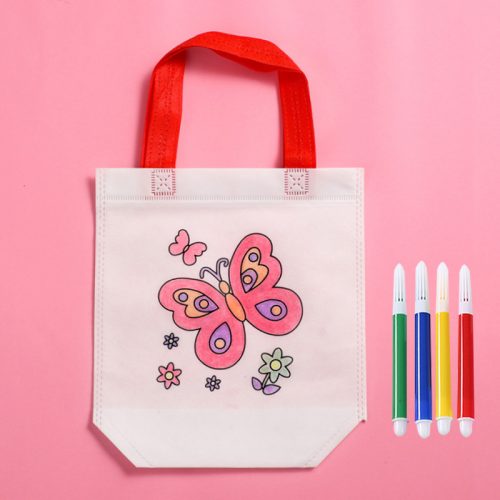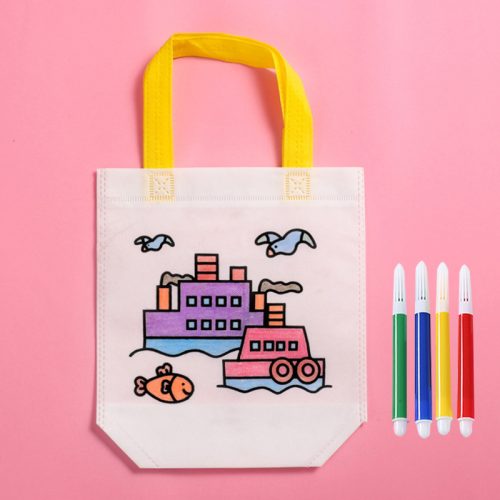As the world becomes more environmentally conscious, businesses across industries are reimagining their practices to align with sustainable values. In the realm of retail, one notable change is the growing adoption of non-woven bags as a sustainable packaging solution. Let’s delve into the ways businesses are embracing these eco-friendly alternatives and revolutionizing the retail experience.
1.A Shift Towards Sustainability:The retail industry has long been associated with excessive plastic waste, as single-use plastic bags have been a staple for years. However, a significant shift is occurring as businesses recognize the need to reduce their environmental footprint. Non-woven bags are stepping in to offer a solution that is both practical and sustainable.
2.Branding and Customer Engagement:Non-woven bags present a unique opportunity for businesses to enhance their branding efforts. These bags can be customized with company logos, taglines, and visually appealing designs. By offering well-designed non-woven bags, businesses can create a walking advertisement that not only promotes their brand but also showcases their commitment to sustainability.
3.Longevity and Customer Loyalty:One of the standout features of non-woven bags is their durability. Unlike flimsy plastic bags that are prone to tearing, non-woven bags can withstand heavy loads and extended use. When customers receive a sturdy and reusable non-woven bag, they are more likely to associate the brand with quality and practicality, fostering customer loyalty.
4.Reduced Packaging Waste:The adoption of non-woven bags significantly reduces packaging waste. These bags are designed for multiple uses, reducing the need for customers to request additional bags during subsequent shopping trips. This reduction in single-use plastic bags translates to fewer bags in landfills and oceans, a win for both businesses and the environment.
5.Education and Awareness:Businesses that offer non-woven bags are not only providing a packaging solution but also contributing to environmental education. By choosing sustainable packaging options, retailers can educate their customers about the importance of making eco-friendly choices and reducing plastic waste. This awareness creates a positive ripple effect within the community.
6.Cost-Effectiveness:Non-woven bags may have a slightly higher upfront cost compared to traditional plastic bags. However, their longevity and reusability mean that businesses ultimately save money in the long run. Additionally, the positive branding and customer loyalty generated by offering sustainable packaging can lead to increased sales and customer retention.
7.Government Regulations and Consumer Preferences:Increasingly strict regulations regarding single-use plastics have prompted businesses to seek alternative packaging options. Non-woven bags align with these regulations and show that businesses are proactive in addressing environmental concerns. Moreover, consumer preferences are shifting towards eco-friendly choices, and businesses that adapt are likely to gain a competitive edge.
Conclusion:Non-woven bags are more than just packaging; they are a statement of a business’s commitment to sustainability and responsible practices. By adopting these eco-friendly alternatives, retailers can reduce waste, enhance branding efforts, and engage with environmentally conscious consumers. The shift towards non-woven bags is not only reshaping the retail landscape but also contributing to a more sustainable future for businesses and the planet alike.


